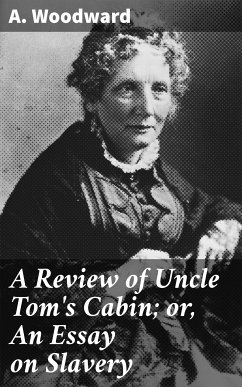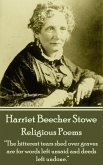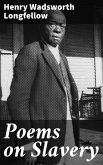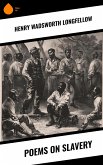In "A Review of Uncle Tom's Cabin; or, An Essay on Slavery," A. Woodward engages critically with Harriet Beecher Stowe's landmark novel, situating it within the broader discourses on slavery of the mid-19th century. Woodward employs a rigorous analytical approach, dissecting Stowe'Äôs narrative techniques and characterizations while navigating the complex moral and social implications of slavery. This work not only critiques the sociopolitical context of Stowe'Äôs novel but also explores the literary conventions that contribute to its emotional impact, making it a significant text for understanding the intersection of literature and social justice during an era of intense national strife over slavery. A. Woodward, a scholar deeply embedded in the intellectual currents of his time, draws on a wealth of historical and philosophical knowledge in crafting this incisive review. His engagement with contemporary abolitionist thought and familiarity with literary criticism reflect a commitment to understanding the power of narrative in shaping public perception of slavery. Woodward'Äôs scholarly pursuits are informed by a desire to illuminate the ethical and humanitarian imperatives that underpin literature like Stowe'Äôs, aligning his work with a broader abolitionist agenda. This book is highly recommended for those seeking to appreciate the nuanced interactions between literature and social issues. Woodward's critical perspective enriches Stowe's original text, offering readers valuable insights into the complexities of abolitionist literature. Scholars, students, and general readers alike will find this review an essential companion to "Uncle Tom's Cabin," deepening their understanding of its context and legacy.
Dieser Download kann aus rechtlichen Gründen nur mit Rechnungsadresse in A, B, BG, CY, CZ, D, DK, EW, E, FIN, F, GR, H, IRL, I, LT, L, LR, M, NL, PL, P, R, S, SLO, SK ausgeliefert werden.









